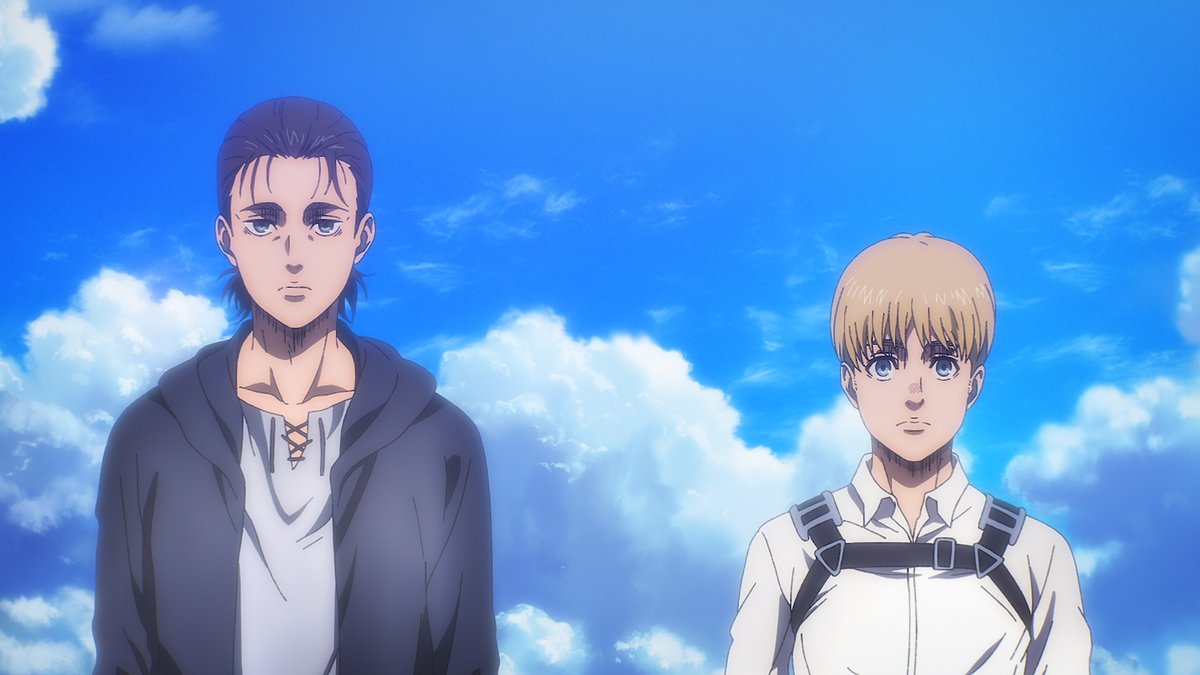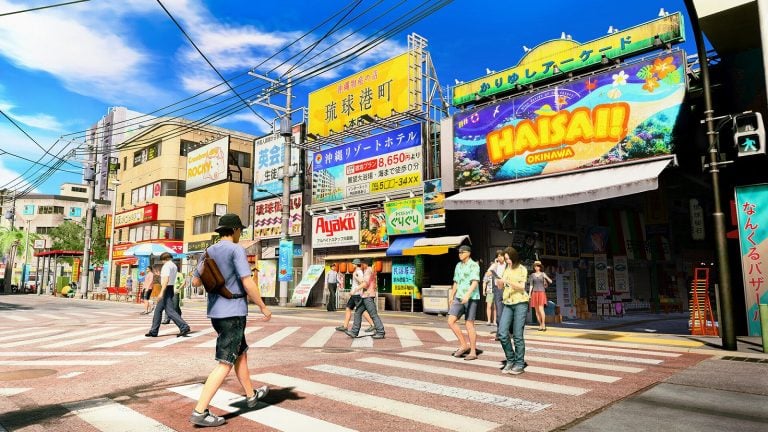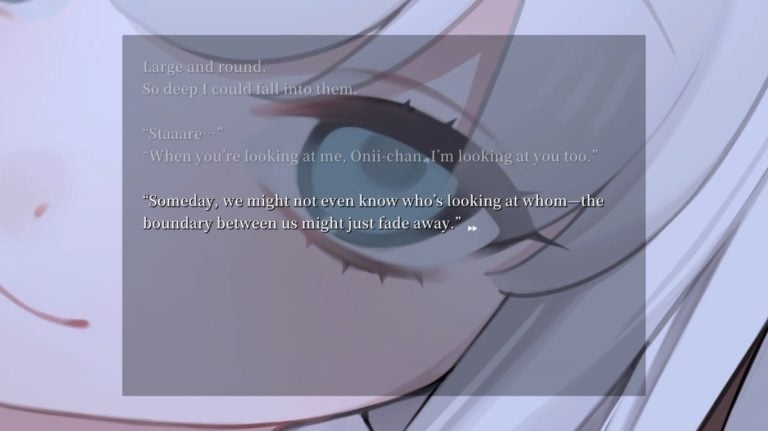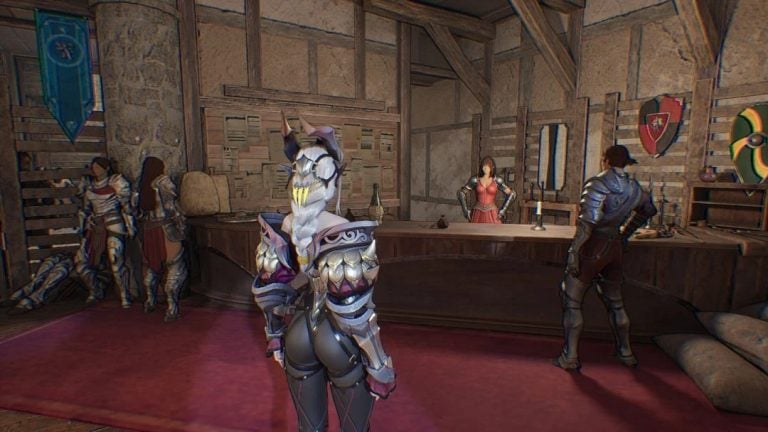To commemorate the 10-year-anniversary of the recently concluded Attack on Titan TV anime series, a special talk show event was held featuring Hajime Isayama, the original author of the Attack on Titan manga, on November 18. During the event, Isayama reportedly commented that he had been regretting the way he ended the original story “for a long time.”
The special talk show, part of an event called “Attack on Titan in HITA” held in Hita, Japan (where Isayama was born), featured Hajime Isayama and Yuki Kaji, who voices Eren Jaeger in the Attack on Titan anime. The talk show was held before a live public, and several eventgoers have reported that during the conversation, Isayama had touched on the topic of the anime’s ending.
Isayama had reportedly mentioned that “he felt so much regret and remorse for how the (Attack on Titan) manga ended that he couldn’t get food down his throat.” He also added that “seeing the changed ending air finally brought him peace of mind.” As it’s been over two years since the manga reached its conclusion, it seems that ever since then (or somewhere in between), Isayama had felt that he did something wrong in how he ended the series.
Just as the finale of Attack on Titan: The Final Season was about to air, there were reports of changes being made to the script by Isayama himself. But at this moment, they were not yet known. What is it that Isayama had wanted to undo so badly?
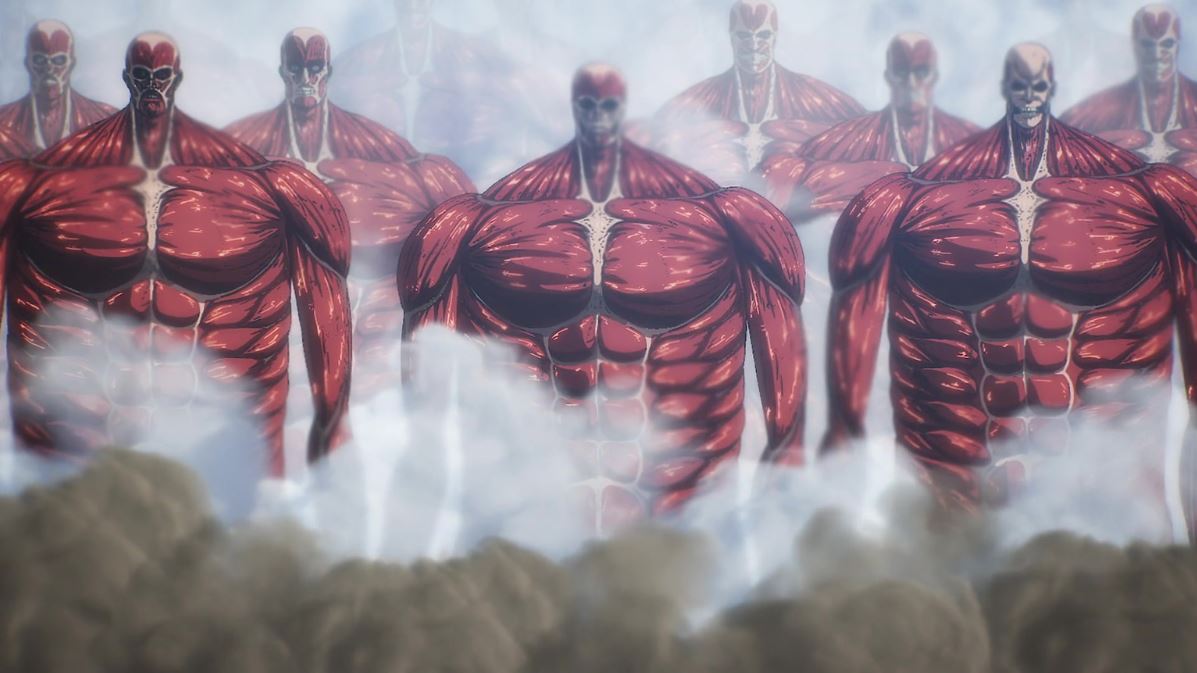
When considering the changes in the ending scenes of the anime and the manga, the dialogue between Eren and Armin in the paths is the first thing that comes to mind. In the scene where Eren reveals his reasoning for causing the catastrophic Rumbling, Armin asks him if this is a plan to make his fellow Paradisans into heroes who saved humanity. Eren confirms this and adds, “Every surviving human would owe you a debt of gratitude. (…) It would make you the most respected individuals in the world.”
Up to this point, things are pretty much the same in the original story and in the anime adaptation, but what differs is Armin’s reaction to the statement – in the anime, Armin rejects the future Eren has envisioned, saying “Sorry to disappoint you, but neither I nor the others intend to play the hero like you want.” This is a big change from the dialogue in the manga, in which Armin expresses gratitude to Eren. At the time, this moment in the manga had been criticized for being out-of-character and morally questionable, and it seems Isayama decided to go back on it too.
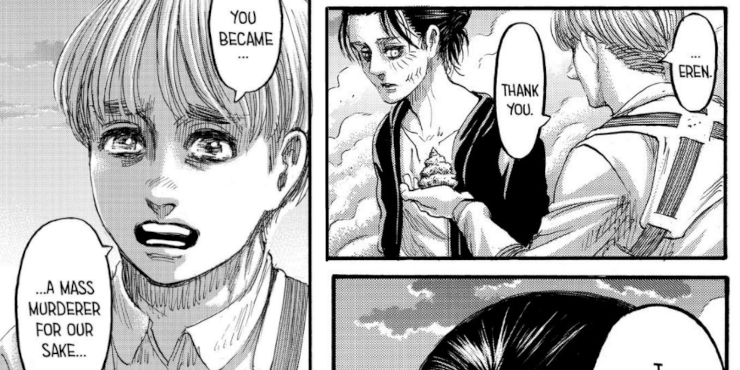
At a later point, upon learning that Eren annihilates 80% of humanity in his campaign, Armin’s reaction is significantly different in the two versions. In the manga, Armin is above all sympathetic for the cruel fate Eren must bear, and very few of his lines are dedicated to denouncing the massacre, while in the anime, Armin cries in despair while confronting Eren and the gravity of his actions.
However, notably the most important change made in the story is Eren’s own perception of himself and the sin he has committed. In the manga, Eren does not denounce the massacre, and he is vague about why he did it in the first place. On the other hand, in the anime, Eren appears more aware of the loss of life he has caused and realizes that his own foolishness was the cause of everything, as he explains, “It’s because I’m an idiot. A garden-variety idiot who got his hands on power. That’s why this resolution was the only possible outcome.”
But the anime also doesn’t let Eren end up all alone, as Armin calls himself “an accomplice,” offering to shoulder the responsibility together with Eren, promising to go be together forever once reunited in hell.
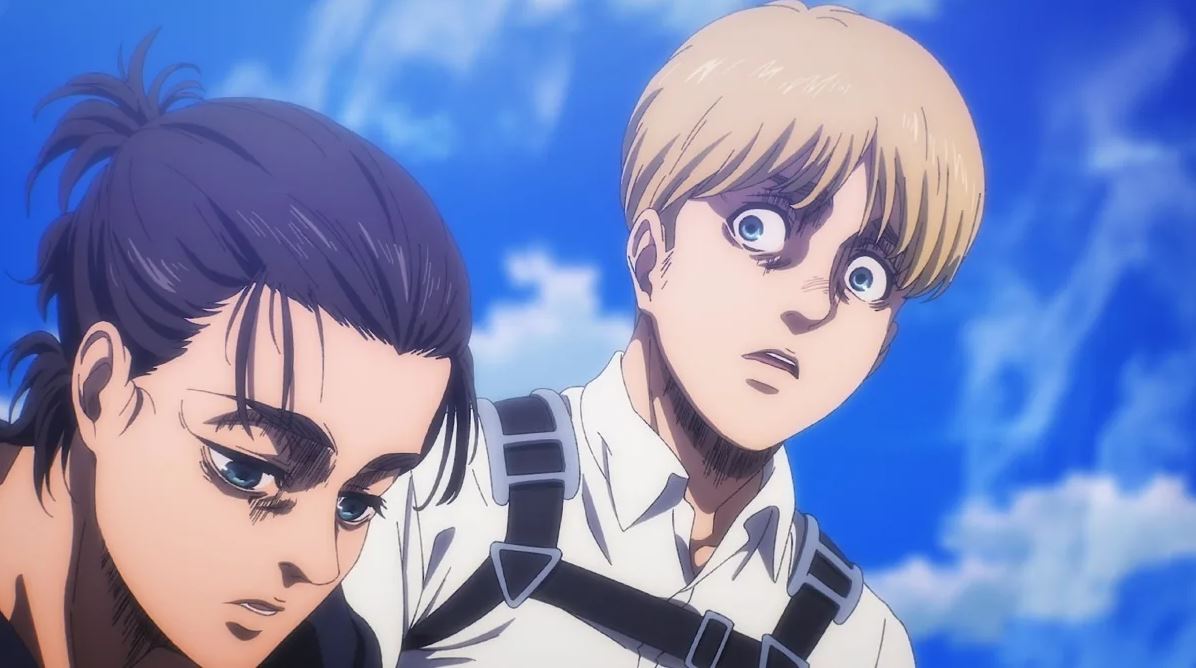
Compared to all the action and grand events taking place, the scale of the changes made seems to be relatively small, but the impact they have had on the overall tone of the story and its reception has likely been immense. Many fans of the series agree that the changes do a lot more justice to the characters and worldview of Attack on Titan, so it’s no wonder the creator of the series himself has felt so much relief from “setting things right.”

